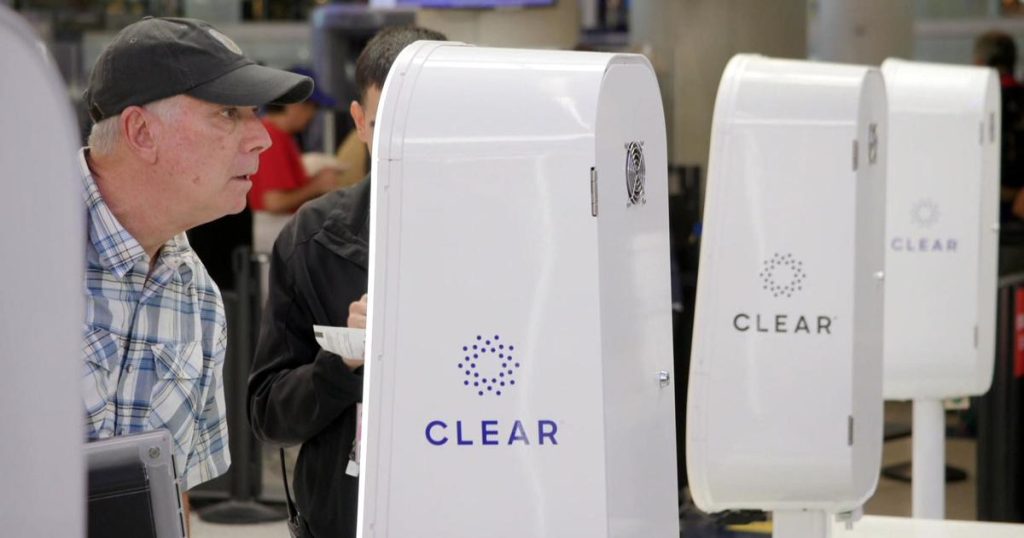California state Sen. Josh Newman has introduced a bill that seeks to ban Clear, a service that allows travelers to pay a yearly fee to skip security lines at airports, from the state’s airports. The bill aims to address concerns about fairness and equity among travelers, as those who can afford the service are able to bypass long lines and potentially receive expedited security screening. The bill has sparked debate and controversy over whether such services should be allowed in airports, with some arguing that they create a two-tiered system that privileges those with more financial means.
Supporters of the bill argue that allowing Clear and similar services in airports undermines the principle of fairness and equal treatment for all travelers. They believe that everyone should have to go through the same security screening process, regardless of their ability to pay for expedited services. Some also argue that allowing Clear in airports could create security risks, as individuals who bypass regular screening may be more likely to bring prohibited items on board. Additionally, there are concerns that the presence of Clear could lead to longer wait times for non-members, as resources are diverted to processing Clear members.
On the other hand, opponents of the bill argue that banning Clear would limit options for travelers and hinder the efficiency of airport operations. They argue that Clear provides a valuable service for those who are willing to pay for it, allowing them to save time and reduce stress when traveling. Some also argue that Clear enhances security by allowing for more thorough background checks and screening of members, potentially reducing the likelihood of security threats. Overall, opponents believe that individuals should have the freedom to choose whether or not to use Clear, rather than having the service banned outright.
The bill has reignited discussions about the role of private services in public spaces, such as airports, and the balance between convenience, security, and equity. Some have raised concerns about the increasing commercialization of air travel and the potential for services like Clear to create disparities between travelers based on their financial status. Others argue that allowing Clear in airports is a sensible way to streamline security processes and improve the overall travel experience for those who opt to use the service. Ultimately, the outcome of the bill will depend on how lawmakers weigh these competing interests and concerns.
If the bill is passed, it would make California the first state to ban Clear from its airports, setting a potentially precedent for other states to follow suit. This would have significant implications for the travel industry and the way that airport security is managed across the country. It would also raise questions about the role of private companies in providing services that are traditionally managed by government agencies, such as airport security screening. The debate over the bill is likely to continue as lawmakers and stakeholders consider the potential impacts of banning Clear and similar services from airports in California and beyond.
Overall, the proposed bill to ban Clear from California’s airports reflects ongoing debates about the balance between convenience, security, and equity in air travel. It also raises broader questions about the role of private services in public spaces and the potential impacts of commercialization on the travel experience. As the bill moves through the legislative process, it will be important to consider how to ensure that travelers are treated fairly and that security measures are effective, while also allowing for choice and innovation in the services available to them. The outcome of the bill could have far-reaching implications for the travel industry and for the way that airport security is managed in the future.















